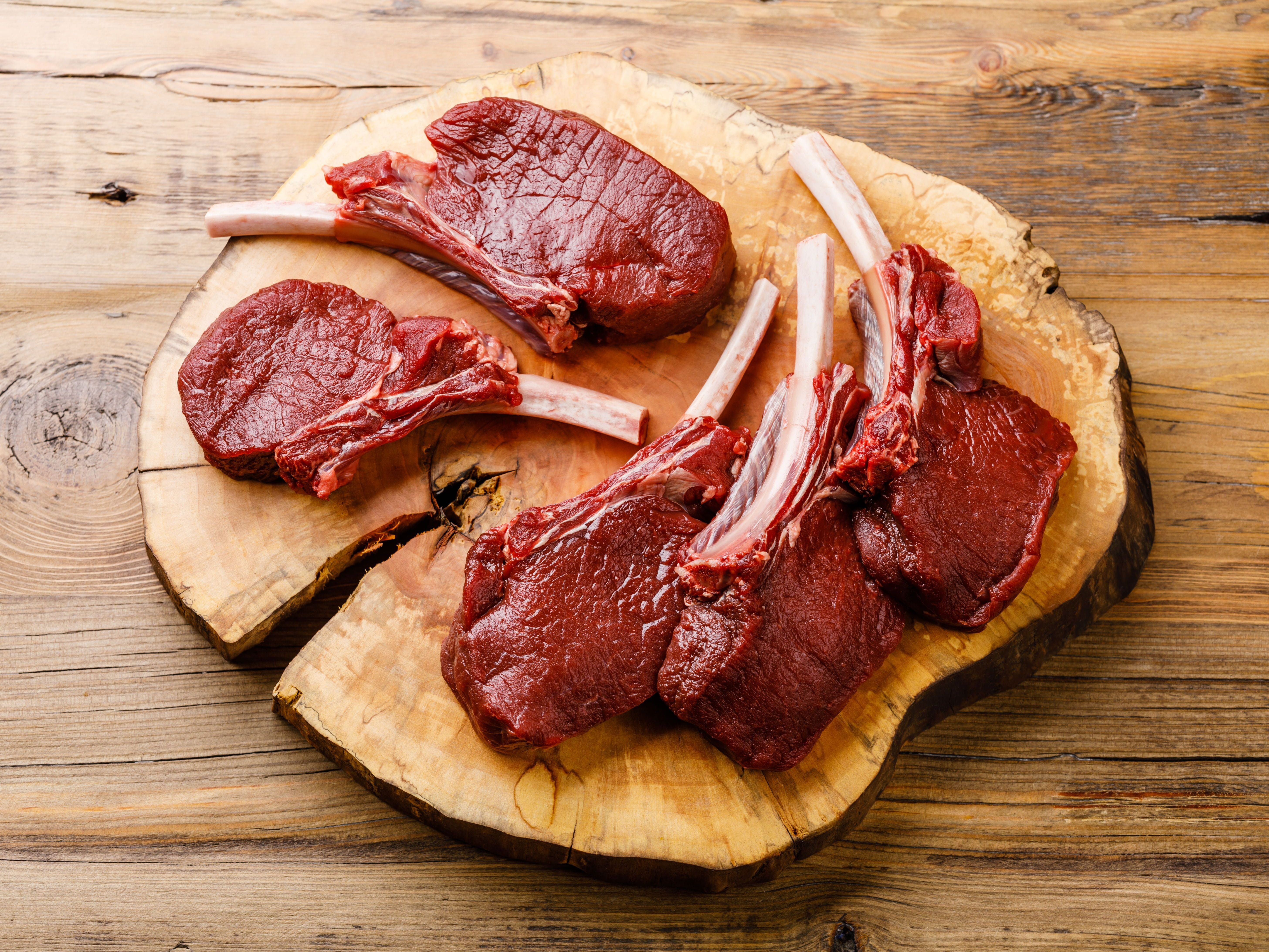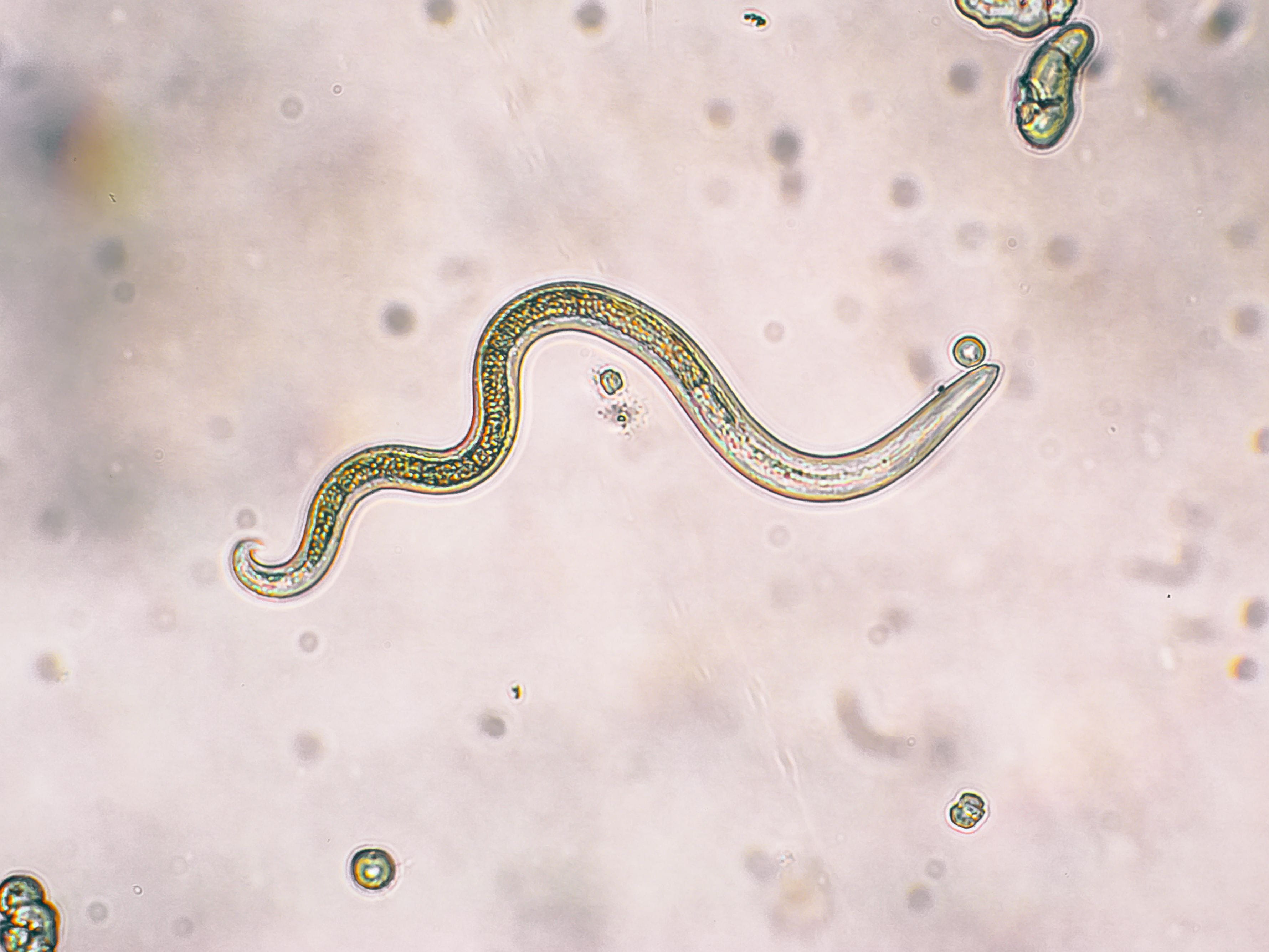Trichinosis: Beware of Worms

The Bottom Line
Trichinosis is a parasitic infection caused by roundworms. It results from eating raw or undercooked game meat or pork infected with the parasite larvae. Symptoms include vomiting, diarrhea, abdominal pain, fever, weakness, fatigue, itchy skin, and muscle/joint pain. Symptoms can last months to years. Treatment can include antiparasitic drugs, pain killers, and steroids.

What is Trichinosis?
Trichinosis is caused by roundworms of the Trichinella genus. Roundworms are parasites that grow in the small intestines and are absorbed into the bloodstream. They are then transported throughout the body.What are the symptoms of a trichinosis infection?
Symptoms depend on the number of roundworm larvae (immature form of the roundworm) in the meat and how much meat is eaten. Some people will experience no symptoms. Others will experience nausea, vomiting, abdominal pain, diarrhea, and general weakness.When the adult worms produce larvae in the body, the larvae can enter the muscles. Then the infected person experiences fever, chills, headache, tiredness, weakness, light sensitivity, eyelid or face swelling, itchy skin, and muscle and joint aches, leading many to believe that they have the flu. More severe symptoms include incoordination, difficulty breathing, brain swelling, heart muscle inflammation, and pneumonia.
How do you get Trichinosis?
You can get trichinosis by eating raw or undercooked meat that is infected with the parasite. The animal becomes infected when it eats other animals that are infected. Most of the time, this includes game meat such as wild boar, bear, cougar, fox, or walrus. At one time, domestic pigs were a known source of trichinosis, but this is less common in the US. Trichinosis is not contagious and is not spread from one person to another.How long does a trichinosis infection typically last?
Symptoms usually appear 1-2 days after eating infected meat. Some of the symptoms can last for months or years.How to treat a trichinosis infection
If symptoms are mild, no treatment may be needed, and you will get better on your own. If the infection is more severe, you may be treated with pain relievers, steroids, and/or anti-parasitic medication. It is best to start anti-parasitic medication within the first several days of infection.What to do if you suspect a Trichinosis infection
If you suspect a trichinosis infection, see a doctor. The doctor can take a blood sample to look for eosinophils (a type of white blood cell that increases in people with trichinosis) or antibodies against the parasite. A muscle biopsy tissue can be examined for the larvae. The doctor can then determine if you need treatment with anti-parasitic drugs such as albendazole or mebendazole, pain relievers, and/or steroids.
If you suspect you are experiencing a trichinosis infection, help from experts is available by phone at 1-800-222-1222. Poison Control’s expert guidance is always free, confidential, and available 24 hours a day.
Wendy Klein-Schwartz, Pharm.D., MPH
Clinical Toxicologist
Poison Control Media Information
Did you find this page helpful? If so, we need your support. Poison Control is in constant competition with misinformation online. Links to www.poison.org or our webPOISONCONTROL triage tool from other websites and blogs help internet searchers quickly find accurate information and Poison Control’s contact information in an emergency. If you use the content from this page, please provide attribution via a link back to this page, www.poison.org, or https://triage.webpoisoncontrol.org/#!/exclusions. By doing so, you could save a life. Thank you!
Poisoned?
Call 1-800-222-1222 or
Prevention Tips
- Use a meat thermometer to cook meat to an internal temperature of 160 degrees F.
- Clean meat grinders after each use.
- Do not touch your fingers to your mouth when handling meat.
- Wash hands after handling raw meat.
- Know which processes kill or don’t kill parasites. For example, smoking, curing or pickling will not kill roundworms.
This Really Happened
A 70-year-old man presented to the hospital complaining of muscle pain and weakness, joint pain, fatigue, and an itchy skin rash over the last month. Two months earlier, he had eaten an undercooked meal while traveling in another country. Abnormal laboratory tests included a high white blood cell count with eosinophilia. An extensive workup for eosinophilia was done. Muscle biopsy did not find parasitic larvae, but both an immunosorbent assay and immunoblotting test were positive for Trichinella. He was treated with albendazole (an anti-parasitic) and prednisolone (a steroid). He made a full clinical recovery and was discharged.For More Information
References
Poisoned?
Call 1-800-222-1222 or
Prevention Tips
- Use a meat thermometer to cook meat to an internal temperature of 160 degrees F.
- Clean meat grinders after each use.
- Do not touch your fingers to your mouth when handling meat.
- Wash hands after handling raw meat.
- Know which processes kill or don’t kill parasites. For example, smoking, curing or pickling will not kill roundworms.
